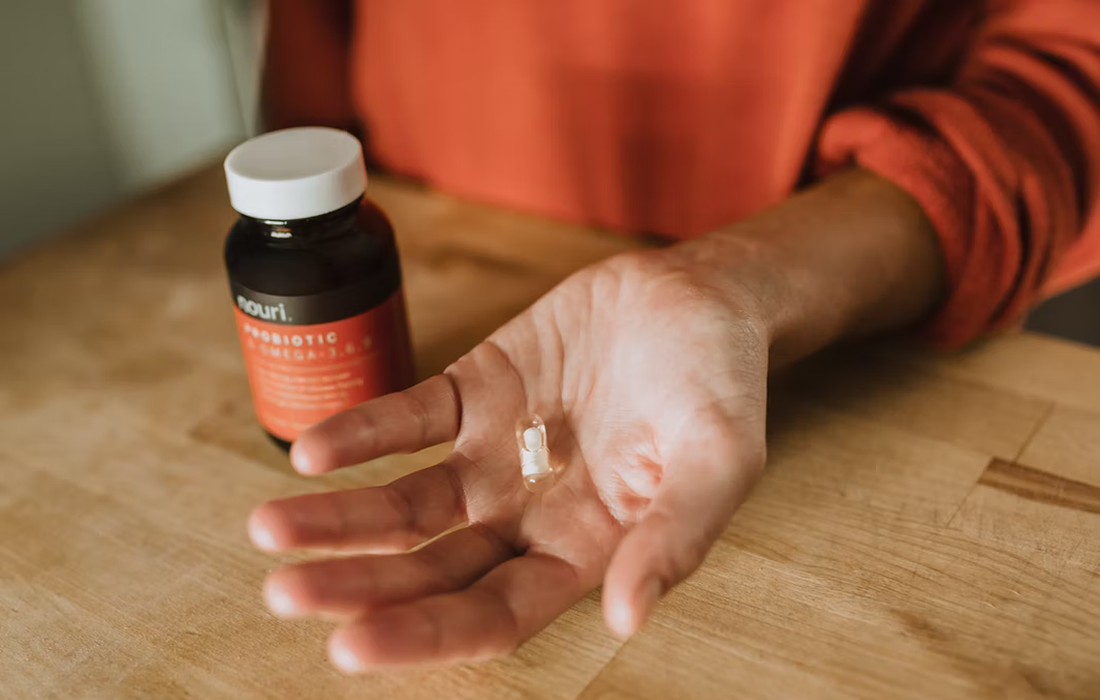Regenerative Medicine News and General Information
Which Probiotics are Best for Inflammatory Bowel Disease?
Different bacteria live in different areas of the intestinal tract and have different mechanisms of action. For that reason, most clinical trials looking for the optimal probiotic supplementation for inflammatory bowel disease (IBD), focus on each condition individually, either for ulcerative colitis (UC) or Crohn’s disease (CD).
One of the most common hypotheses for the onset and progression of IBD consists of alterations to the intestinal bacterial flora, which is now supported by multiple clinical studies. These studies have found that the gut flora composition in IBD is very different when compared to healthy control patients.
Different trials have found increased numbers of anaerobic bacteria in fecal samples of Crohn’s disease patients, mainly of the bacteria Bacteroides.
Other studies have found an increase in Enterobacteria and a decrease Lactobacilli population in CD patients.
Clinical Trials Looking for the Best Probiotic
E. coli Nissle 1917 is a non-pathogenic strain of E. coli that has been tested in multiple studies as a probiotic for Crohn’s disease. In a study by Malchow and colleagues, E. coli Nissle 1917 was compared to a placebo in 32 patients with active Crohn’s disease and compared to a placebo. The team found that patients taking the probiotic had a lower relapse rate compared to the placebo group (33% vs 64%), which means that once remission was achieved the team receiving the probiotic was less prone to develop symptoms.
However, for this study researchers did not find any benefit in terms of increasing remission rates, suggesting no additional benefit to adding the probiotic to standard steroid treatment.
In a study by Kruis and colleagues, researchers evaluated the use of the E. coli Nissle 1917 probiotic in 327 patients with UC and compared it with patients taking regular medication for UC. The relapse rates were similar in both groups, showing that the probiotic may be as effective as the anti-inflammatory drug in preventing relapses.
Saccharomyces boulardii has also been studied in a small pilot study involving 25 Ulcerative Colitis patients that were experiencing a flare-up of their condition. In the study, the 25 patients received 250 mg of S. boulardii three times per day for 1 month. Researchers observed that 17 of the 25 patients achieved clinical remission.
Although most studies are small samples of patients, there is growing evidence showing that patients with IBD could beneficiate from restoring the balance in their gut microbiome. But further research is needed in order to determine the best strains of probiotics to use.
Sources:
Kathy Wheedon. (2022, Mar 8). Which probiotics are best for IBD? Probiotic Professionals for Health Professionals. Retrieved from:
Roediger WEW, Duncan A, Kapaniris O, Miljard S. Reducing sulfur compounds of the colon impair colonocyte nutrition: implications for ulcerative colitis. Gastroenterology 1993;104: 802-9 [PubMed].
Ruseler-van Embden JGH, Both-Patoir HC. Anaerobic Gram-negative faecal flora in patients with Crohn’s disease and healthy subjects. Ant Leeuwenhoek 1983;49: 125-32 [PubMed]
Swidsinski A, Ladhoff A, Pernthaler A, et al. Mucosal flora in inflammatory bowel disease.Gastroenterology 2002;122: 44-54 [PubMed]
Giaffer MH, Holdsworth CD, Duerden BI. The assessment of faecal flora in patients with inflammatory bowel diseases by a simplified bacteriological technique. J Med Microbiol 1991;35: 238-43 [PubMed]
Malchow HA. Crohn’s disease and Escherichia coli. A new approach in therapy to maintain remission of colonic Crohn’s disease. J Clin Gastroenterol 1997;25: 653-8 [PubMed]
Guslandi M, Mezzi G, Sorghi M, Testoni PA. Saccharomyces boulardii in maintenance treatment of Crohn’s disease. Dig Dis Sci 2000;45: 1462-4 [PubMed]
Kruis W, Fric P, Stolte M. Maintenance of remission in ulcerative colitis is equally effective with Escherichia coli Nissle 1917. Gastroenterology 2001;120(suppl 1): A127
Venturi A, Gionchetti P, Rizzelo F, et al. Impact on the composition of the faecal flora by a new probiotic preparation: preliminary data on maintenance treatment of patients with ulcerative colitis. Aliment Pharmacol Ther 1999;13: 1103-8 [PubMed]
Guslandi, M. et al. (2003) A pilot trial of Saccharomyces boulardii in ulcerative colitis. European Journal of Gastroenterology & Hepatology. Vol. 15 pp. 697 – 698
Image from:
Photo by Daily Nouri on Unsplash

